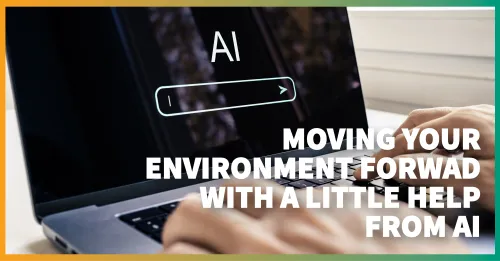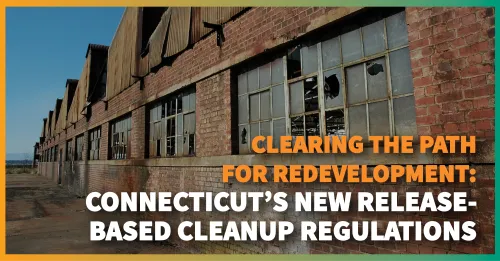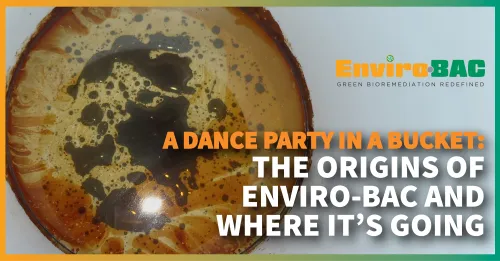Featured Topic
Clearing the Path for Redevelopment: Connecticut’s New Release-Based Cleanup Regulations
Recent Articles
 Dec15HRP Associates Hires Staff in FarmingtonLocal environmental engineering firm hir...See Details
Dec15HRP Associates Hires Staff in FarmingtonLocal environmental engineering firm hir...See Details Dec9HRP Associates Adds Staff to Corporate TeamLocal environmental engineering firm hir...See Details
Dec9HRP Associates Adds Staff to Corporate TeamLocal environmental engineering firm hir...See Details Dec1Moving Your Environment Forward… With a Little Help From AIEach technological leap has increased pr...See Details
Dec1Moving Your Environment Forward… With a Little Help From AIEach technological leap has increased pr...See Details Nov25HRP Associates Adds Staff in Greenville Local environmental engineering firm hir...See Details
Nov25HRP Associates Adds Staff in Greenville Local environmental engineering firm hir...See Details Nov17Beyond Mentorship: How HRP’s Career Advocacy Program is Transforming Career DevelopmentAt HRP, career development isn’t a che...See Details
Nov17Beyond Mentorship: How HRP’s Career Advocacy Program is Transforming Career DevelopmentAt HRP, career development isn’t a che...See Details Nov17HRP Associates Adds Staff in GreenvilleLocal environmental engineering firm hir...See Details
Nov17HRP Associates Adds Staff in GreenvilleLocal environmental engineering firm hir...See Details Nov3HRP Associates Adds Staff in PlymouthLocal environmental engineering firm hir...See Details
Nov3HRP Associates Adds Staff in PlymouthLocal environmental engineering firm hir...See Details Oct27HRP Associates Adds Staff in FarmingtonLocal environmental engineering firm hir...See Details
Oct27HRP Associates Adds Staff in FarmingtonLocal environmental engineering firm hir...See Details Oct13HRP Associates Adds Staff in Farmington Local environmental engineering firm hir...See Details
Oct13HRP Associates Adds Staff in Farmington Local environmental engineering firm hir...See Details Oct13Clearing the Path for Redevelopment: Connecticut’s New Release-Based Cleanup RegulationsConnecticut’s new Release-Based Cleanu...See Details
Oct13Clearing the Path for Redevelopment: Connecticut’s New Release-Based Cleanup RegulationsConnecticut’s new Release-Based Cleanu...See Details Sep23HRP Associates Adds Staff in Clifton ParkLocal environmental engineering firm hir...See Details
Sep23HRP Associates Adds Staff in Clifton ParkLocal environmental engineering firm hir...See Details Sep23HRP Associates Adds Staff in GreenvilleLocal environmental engineering firm hir...See Details
Sep23HRP Associates Adds Staff in GreenvilleLocal environmental engineering firm hir...See Details Sep23HRP Associates Adds Staff in FarmingtonLocal environmental engineering firm hir...See Details
Sep23HRP Associates Adds Staff in FarmingtonLocal environmental engineering firm hir...See Details Sep15HRP Associates Adds Staff in FarmingtonLocal environmental engineering firm hir...See Details
Sep15HRP Associates Adds Staff in FarmingtonLocal environmental engineering firm hir...See Details Aug25A Dance Party in a Bucket: The Origins of Enviro-BAC and Where It’s GoingDepending on who you ask, the story of E...See Details
Aug25A Dance Party in a Bucket: The Origins of Enviro-BAC and Where It’s GoingDepending on who you ask, the story of E...See Details Aug20HRP Associates Adds Staff in Clifton ParkLocal environmental engineering firm hir...See Details
Aug20HRP Associates Adds Staff in Clifton ParkLocal environmental engineering firm hir...See Details



